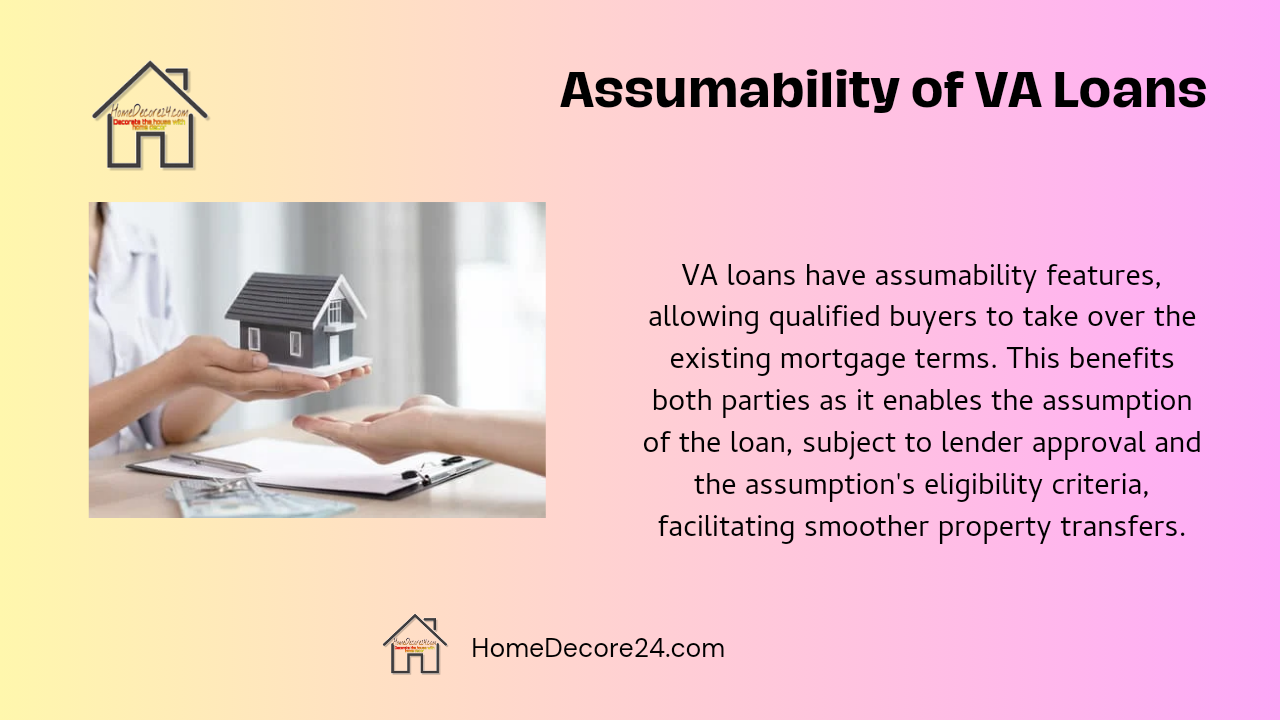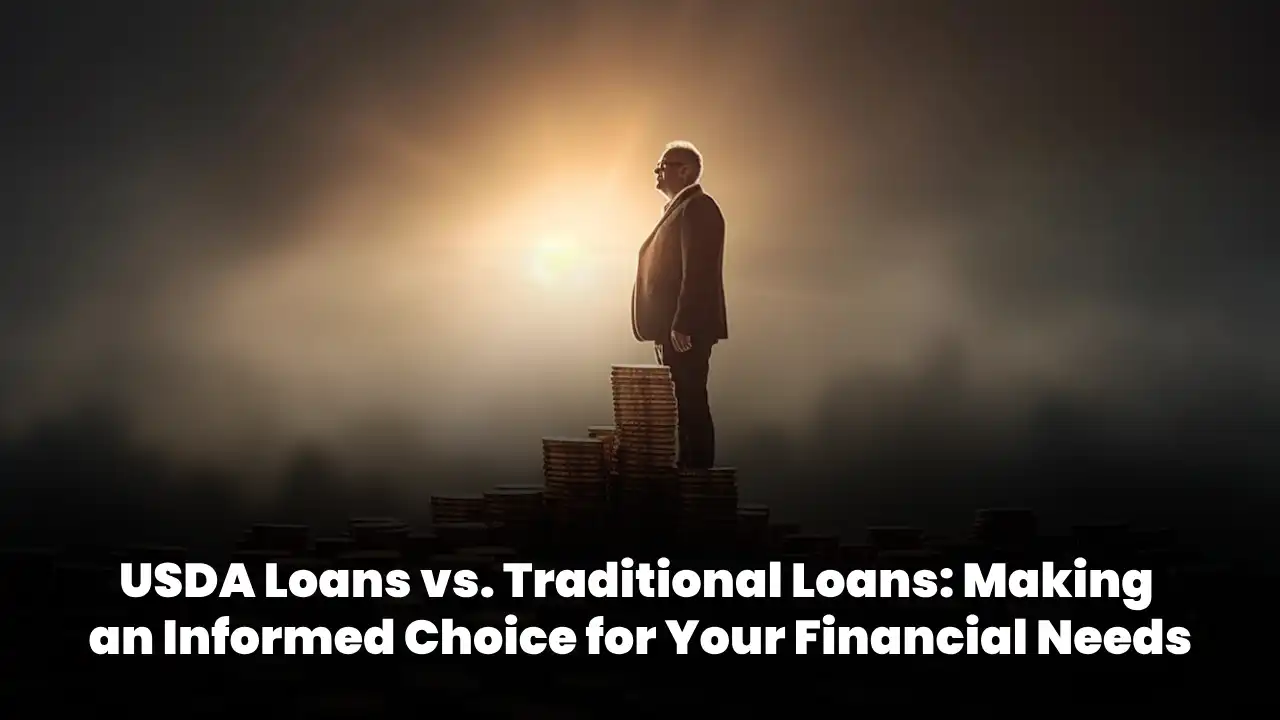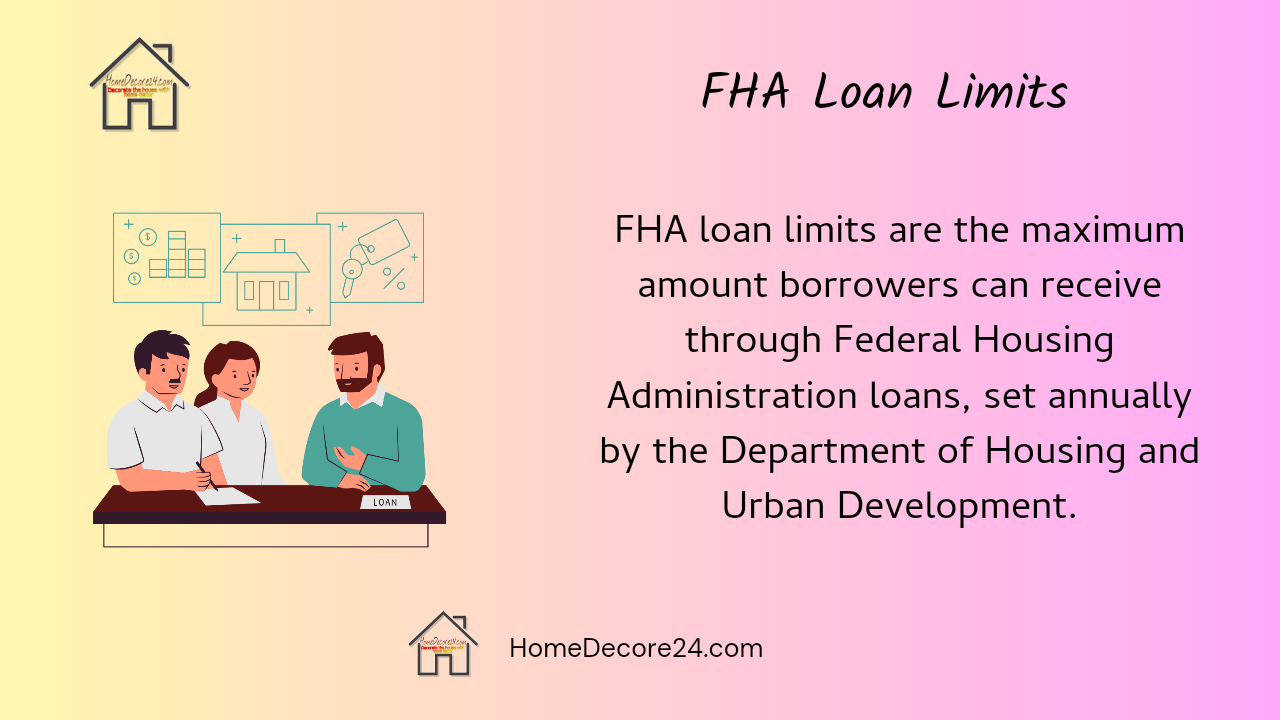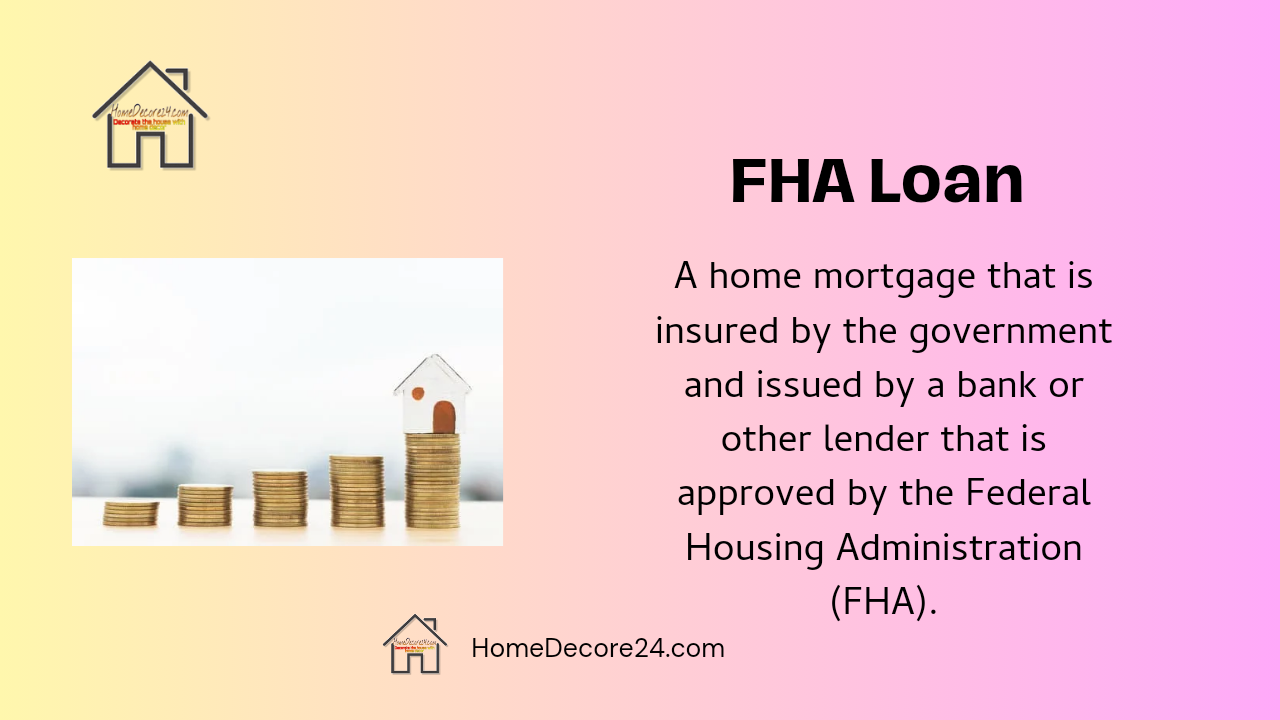
VA loans have long been a popular choice for eligible veterans and active-duty service members looking to secure financing for a home. One attractive feature of VA loans is their assumability, allowing borrowers to transfer their loan and its favorable terms to a qualified buyer.
In this article, we’ll delve into the details of assumable VA loans, exploring how they work, who can assume them, and the benefits they offer.
What is an Assumable loan?
An assumable loan is a mortgage that a buyer can take over from the seller, maintaining the original terms and conditions. This can be a beneficial option when interest rates rise, allowing the buyer to assume a lower-rate loan. It requires lender approval and often streamlines the home buying process.
Understanding Assumable VA Loans
An assumable loan is a mortgage that a buyer can take over from the seller, with all terms and conditions remaining intact. In the case of VA loans, this means that if a homeowner with a VA loan decides to sell their property, the buyer can potentially assume the loan without having to secure a new mortgage.
Read More: Government Home Loans and More
Eligibility for Assumption
Assuming a VA loan involves meeting certain eligibility criteria set by the Department of Veterans Affairs. Generally, the following conditions apply:
- Buyer Eligibility: The buyer must be a qualified veteran or active-duty service member who meets the VA’s eligibility requirements for obtaining a VA loan. This typically involves meeting specific service criteria, such as a minimum period of active duty.
- Lender Approval: The lender holding the original VA loan must approve the assumption. They will assess the buyer’s creditworthiness and financial capability to ensure they can fulfill the loan obligations.
Benefits of Assumable VA Loans
Assumable VA loans offer several benefits to both sellers and buyers:
- Favorable Terms: Assuming a VA loan allows the buyer to retain the existing loan terms, including the interest rate and remaining loan balance. This can be especially advantageous if market interest rates have increased since the original loan was secured.
- Lower Closing Costs: Buyers assuming VA loans may experience lower closing costs compared to those associated with obtaining a new mortgage. This can make the home purchase more affordable.
- Streamlined Process: Assumable VA loans typically involve a streamlined approval process, as the buyer doesn’t need to go through the entire mortgage application and underwriting process.
- Potential for Faster Sale: Sellers with assumable VA loans might attract a larger pool of potential buyers, potentially resulting in a quicker sale of their property.
Considerations for Sellers and Buyers
Sellers considering transferring their VA loan should be aware of the implications on their credit and liability. While the seller is generally released from primary liability upon the assumption of the loan, they might still be held liable in certain circumstances.
Buyers should thoroughly review the loan terms, interest rate, and remaining balance before assuming a VA loan. While assumable VA loans often come with attractive features, it’s important to ensure the terms align with the buyer’s financial goals.
Are VA Loans Assumable to anyone?
VA loans are assumable by qualified veterans or active-duty service members. Buyers must meet the lender’s eligibility criteria and secure lender approval before assuming the VA loan.
Are VA Loans Assumable After Death?
VA loans are assumable after the death of the original borrower, but the assumptor must be an eligible veteran or active-duty service member. Lender approval is typically required for the assumption process.
Read More: What is an fha loan and how does it work
How Does a VA Assumable loan work?
A VA assumable loan allows a qualified buyer to take over the existing VA mortgage of a seller. The buyer assumes the loan’s terms, including the interest rate and balance. Lender approval is crucial, ensuring the buyer’s eligibility and financial capability before the transfer occurs.
VA Loan Requirements
VA loans, provided by the U.S. Department of Veterans Affairs, have specific eligibility requirements:
- Military Service: Generally, veterans, active-duty service members, National Guard or Reserve members, and some spouses qualify.
- Certificate of Eligibility (COE): Applicants must obtain a COE to prove their eligibility to the lender.
- Credit Score: There’s no official minimum, but most lenders require a credit score of around 620 or higher.
- Income: Stable income and a debt-to-income ratio (DTI) that meets lender standards are essential.
- Property Eligibility: The property must be for primary residence use, meeting VA’s property requirements.
- Occupancy: Borrowers typically need to intend to live in the home as their primary residence.
- Loan Limits: VA loans have no official limit, but they’re subject to conforming loan limits and lender restrictions.
- Funding Fee: A funding fee is required, which varies based on military category, down payment, and whether it’s the first or subsequent use of the loan benefit.
Remember, lenders might have additional requirements, so it’s crucial to consult with a lender familiar with VA loans to navigate the specifics.
The VA loan funding fee
The VA loan funding fee is a mandatory cost that helps fund the loan program. It varies based on factors like military category, down payment, and loan usage.
Pros And Cons of VA loan assumption
Pros of VA Loan Assumption
- Low Interest Rate Transfer: Assuming a VA loan allows the buyer to inherit the original borrower’s low-interest rate, especially advantageous in high-interest rate environments.
- Lower Closing Costs: Assumption generally involves lower closing costs compared to obtaining a new mortgage, reducing the upfront financial burden.
- Streamlined Process: The assumption process is often quicker and simpler than applying for a new mortgage, benefiting both the buyer and seller.
- Attractive Selling Point: For sellers, offering an assumable VA loan can make their property more appealing to potential buyers, potentially leading to a faster sale.
Cons of VA Loan Assumption
- Eligibility Criteria: Buyers must meet VA’s eligibility requirements, limiting the pool of potential assumers.
- Lender Approval: Lenders must approve the assumption, ensuring the buyer’s financial capability. This approval can be a potential hurdle.
- Remaining Liability: Sellers might still carry some liability even after the loan is assumed, depending on lender policies and state laws.
- Property Value Fluctuations: If the property value has decreased since the original loan was secured, the buyer might inherit a loan larger than the property’s worth.
- Loan Balance Impact: Sellers won’t have the opportunity to pay off the loan upon selling the property, potentially impacting their future borrowing capacity.
In considering a VA loan assumption, buyers and sellers should weigh these pros and cons against their individual circumstances and goals. Consulting with lenders and real estate professionals can provide valuable insights.
FAQ’s
Do you have to qualify for an Assumable VA loan?
Yes, to assume an VA loan, buyers must qualify. They need to meet the lender’s eligibility criteria, including creditworthiness and often military service requirements, to secure lender approval for the assumption.
Are VA Loan May be assumed and the parson assuming the loan?
VA loans can be assumed, but the person assuming the loan must be an eligible veteran or active-duty service member. Lender approval is necessary for the assumption process.
Can VA Loan Be assumed and the parson assuming the loan?
Yes, VA loans can be assumed by an eligible individual, typically a veteran or active-duty service member. However, the person assuming the loan needs lender approval to complete the assumption process successfully.
Can A VA loan be singed over to someone else?
Yes, VA loans can be transferred to another person through loan assumption. However, the new borrower must qualify according to the lender’s guidelines and secure approval from the lender. This process allows the original borrower to transfer the loan responsibility while retaining its favorable terms.
Bottom Line
Assumable VA loans provide a unique opportunity for eligible veterans and active-duty service members to transfer their mortgage to qualified buyers. This feature can be advantageous in various market conditions and offers benefits for both sellers and buyers. If you’re considering assuming or transferring a VA loan, it’s crucial to understand the eligibility criteria, benefits, and potential considerations to make an informed decision that aligns with your financial objectives.
✓ The Ultimate Guide to the VA Statement of Service







